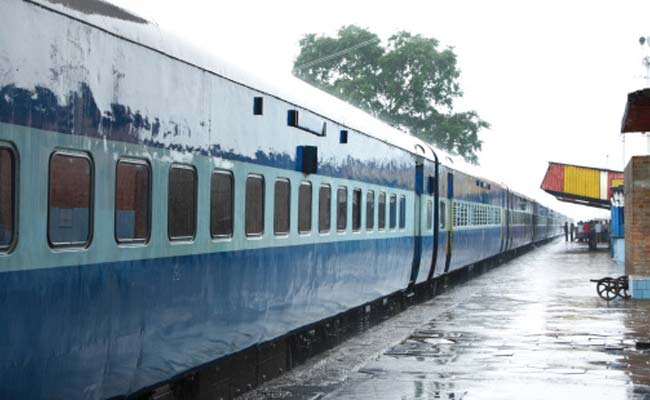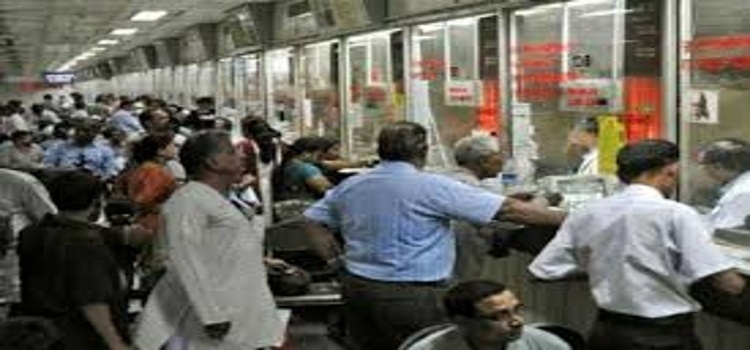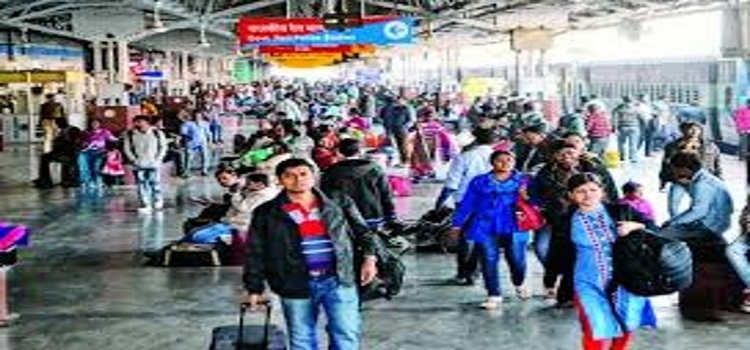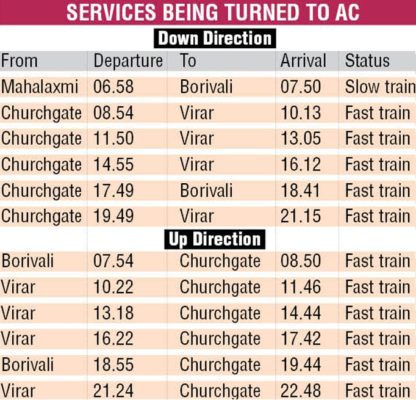
Indian Railways expects to raise INR 30,000 crore in the current financial year from its first asset monetisation drive so as to give a boost to its capacity expansion plans for the next financial year. The Railways has lined up 30,000 km of its power transmission lines for monetisation and is in talks with two public sector units that are willing to invest in the project. The railways will sell power lines to these companies and lease it back by paying a fixed fee.
A top Railway official said that a Special Purpose Vehicle (SPV) will be set up to operate and maintain these power lines. The official however refused to name the PSUs that have shown interest in buying power transmission assets of the railways, which expects to earn nearly INR 30,000 crore from the sale.
As part of its land monetisation drive, the railways is lining up three land parcels in prime localities of Delhi and Mumbai. Land has been identified in Sarai Rohilla and Ashok Vihar in Delhi and Bandra in Mumbai. Though the size of the land is yet to be ascertained, the railways expects to raise INR 2,000 crore from the sale of these land parcels.
Tenders for the land parcels will come out next year, the official said. Union Minister of Railway Piyush Goyal had said in November that the Railways is not looking at more funds in the Union Budget for 2018-19 as it is focussed on monetising assets within. He said that “Railways is looking at innovative ways to finance its expenditure.”

